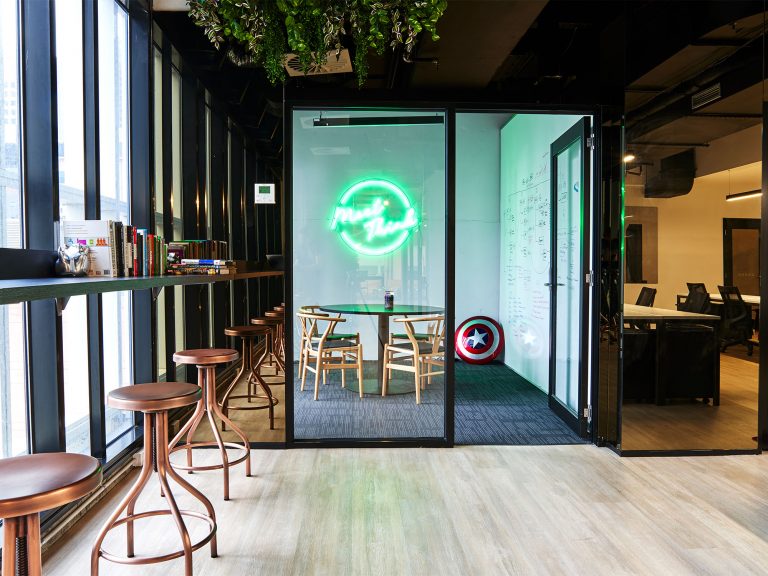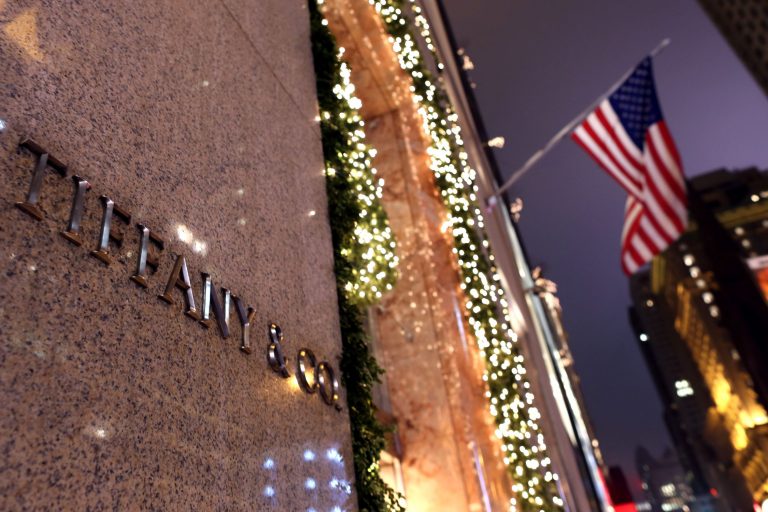10 things to know before becoming a commercial landlord

Buying a commercial property and leasing it out can be a wonderful investment strategy, but it pays to know what you’re in for.
Particularly if you’re new to the game, you need to do your research to ensure you’re across all of the expectations and requirements that come with being the landlord of a commercial property.
Here are 10 things you need to know before becoming a commercial landlord.
1. Know your rights
It’s vital to know your rights before becoming a commercial landlord.
Among the most basic rights, you:
- Are entitled to charge rent for your property and review that rent in accordance with the lease.
- Have the right to hold a bank guarantee as protection in case your tenant defaults on their lease.
- Can inspect your premises during business hours once the tenant is provided with reasonable notice.
2. Know your responsibilities
Knowing what you’re responsible for is just as important as knowing your rights before buying a commercial property.
The responsibilities of a commercial landlord include:
- Ensuring the property is in good condition before leasing.
- Adhering to the conditions in the lease.
- Making sure the building is insured.

Insuring your property is critical to protect its long-term value.
3. Choose the right type of building
If you’re dipping your toes in the commercial property market for the first time, do your research on what type of building you want to invest in.
While retail premises may attract higher rents compared with other commercial properties such as factories or offices, tenant turnover is often higher due to the nature of the industry.
Argent Law senior lawyer Darby Nunan, who has decades of experience representing commercial landlords across Victoria, NSW and Queensland, says aspiring landlords should consider if they’re happy to accept the higher risk that comes with certain types of properties.
“Retail will quite often command a higher return per square metre – some leases are very lucrative but they’re also more risky,” Nunan says.
4. Not all leases are made equal
Leases on different types of commercial buildings generally lean in favour of the landlord – except for retail.
“A separate Act covers retail leases, and that gives the tenant a lot more protection,” Nunan says.
“It’s quite vital that someone that’s buying a premises fully understands whether it’s actually regarded as being a retail-leased premises or a normal commercial premises.”
5. Unexpected costs
When renting out your commercial premises, you may to spend some extra cash to prepare the lease.
“With a retail lease, the landlord has to actually cover the cost of preparing the lease, whereas with a normal commercial lease, it’s the tenant who pays for that,” Nunan explains.

Commercial and residential properties have very different laws governing leases.
6. The laws are very different to residential
If you’ve been a residential landlord, be aware that getting into commercial leasing is an entirely different ball game – particularly when it comes to removing tenants.
“It’s very, very different to residential. You might think that if a tenant doesn’t pay their lease, you can just kick them out. But (with commercial) you’ve got to make sure that you’ve jumped through all the hoops before you’re able to evict a tenant,” Nunan says.
7. Know what legislation applies to you
The laws on leasing commercial property vary slightly from state to state.
While the legislation is generally quite similar, it’s important to do your research on what specific acts apply to you, depending on where your commercial property is located.
8. Do background checks on potential tenants
Just as you would if you were renting out your home, you want to make sure those leasing out your commercial premises will be good tenants.
Nunan says you should first check their history of previous commercial leases.
“You also need to make sure you get a guarantor to guarantee the rent will be paid, and make sure that’s binding.”

Some leases need to be prepared differently, which can incur additional costs.
9. Make sure you’re as protected as possible
When it comes to commercial property leases, Nunan says it’s rarely a case of “one document fits all”.
He advises recruiting a lawyer experienced in commercial property law to go through your lease in detail and add extra clauses where possible.
“In Victoria, there’s fairly standard lease documentation that’s provided by the Law Institute of Victoria and is used in about 99% of leases,” he says.
“People say they’ll just use the standard documentation but it doesn’t actually provide for all the circumstances that may occur. There are provisions there that allow you to put in extra clauses.”
“You really need a lawyer who’s very experienced in the commercial leasing area to make sure there are extra clauses in your lease to suit you.
10. Know the process to resolving a dispute
Nunan recommends that both landlord and tenant are made aware of the dispute resolution process, in case issues arise.
“There’s a dispute resolution clause (in leases) that outlines that before going to court, the landlord and tenant must try and resolve the issue between themselves,” he says.
“You should make it very clear as to who they actually engage to resolve this kind of dispute.
“Bringing the issue to mediation sooner rather than later, to make sure it doesn’t get to the courts, is something to be aware of.”







